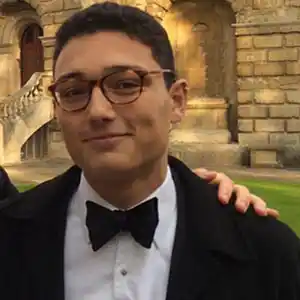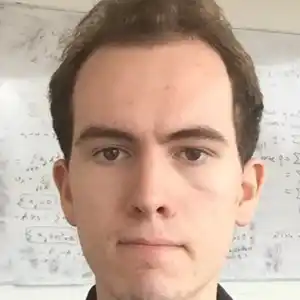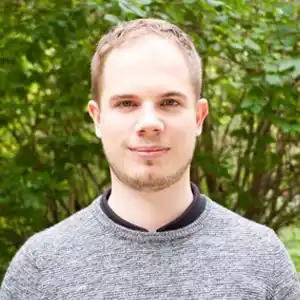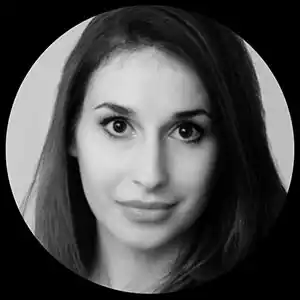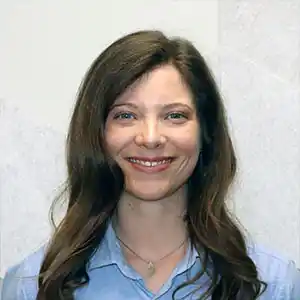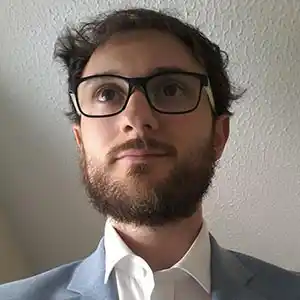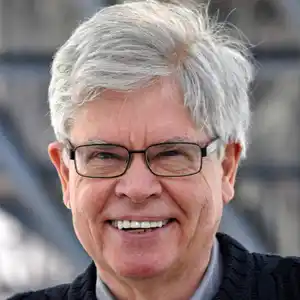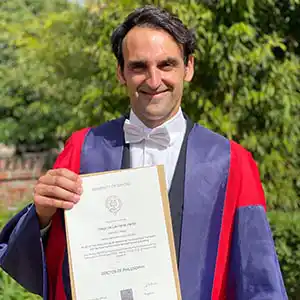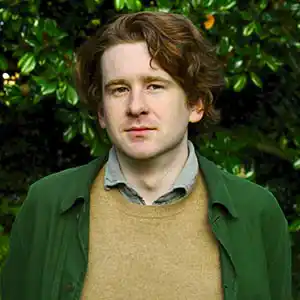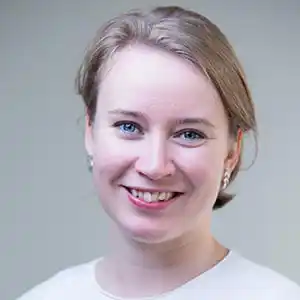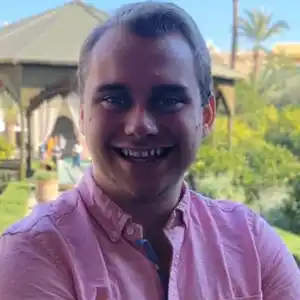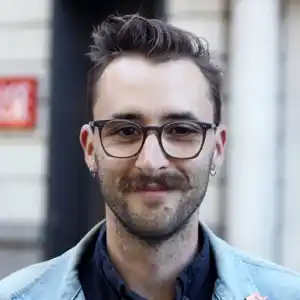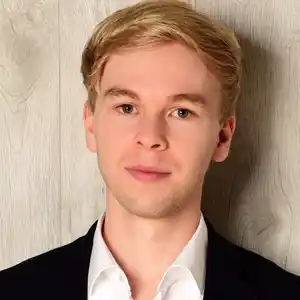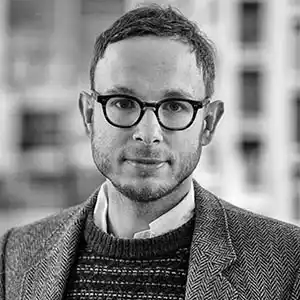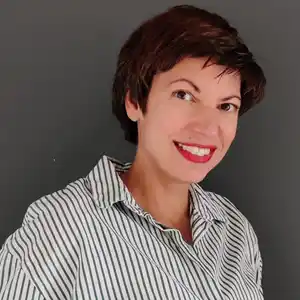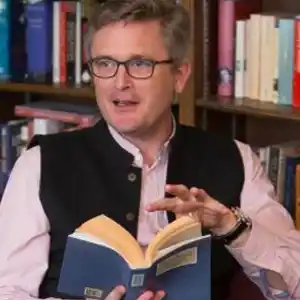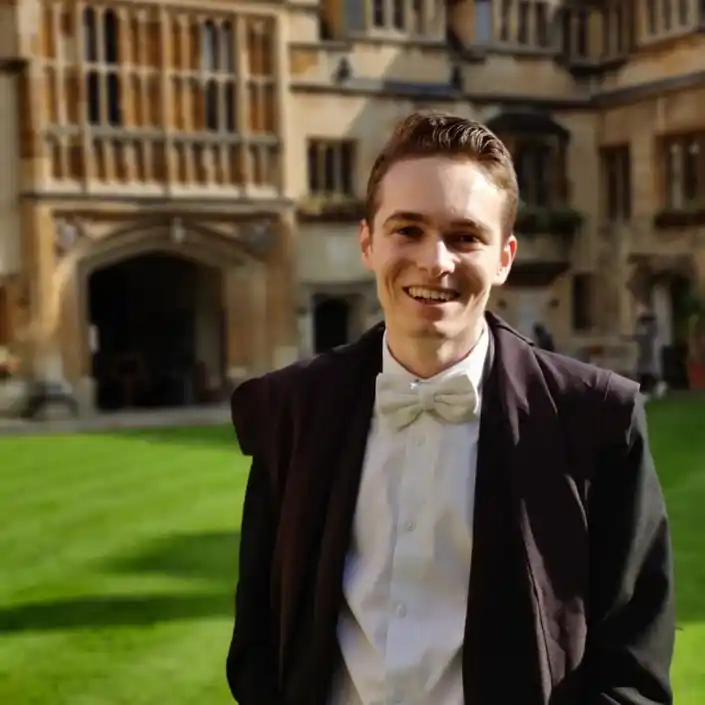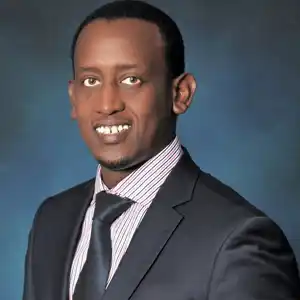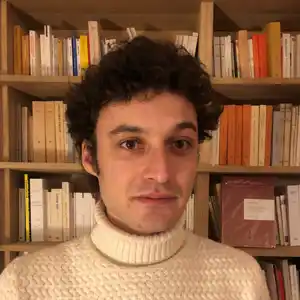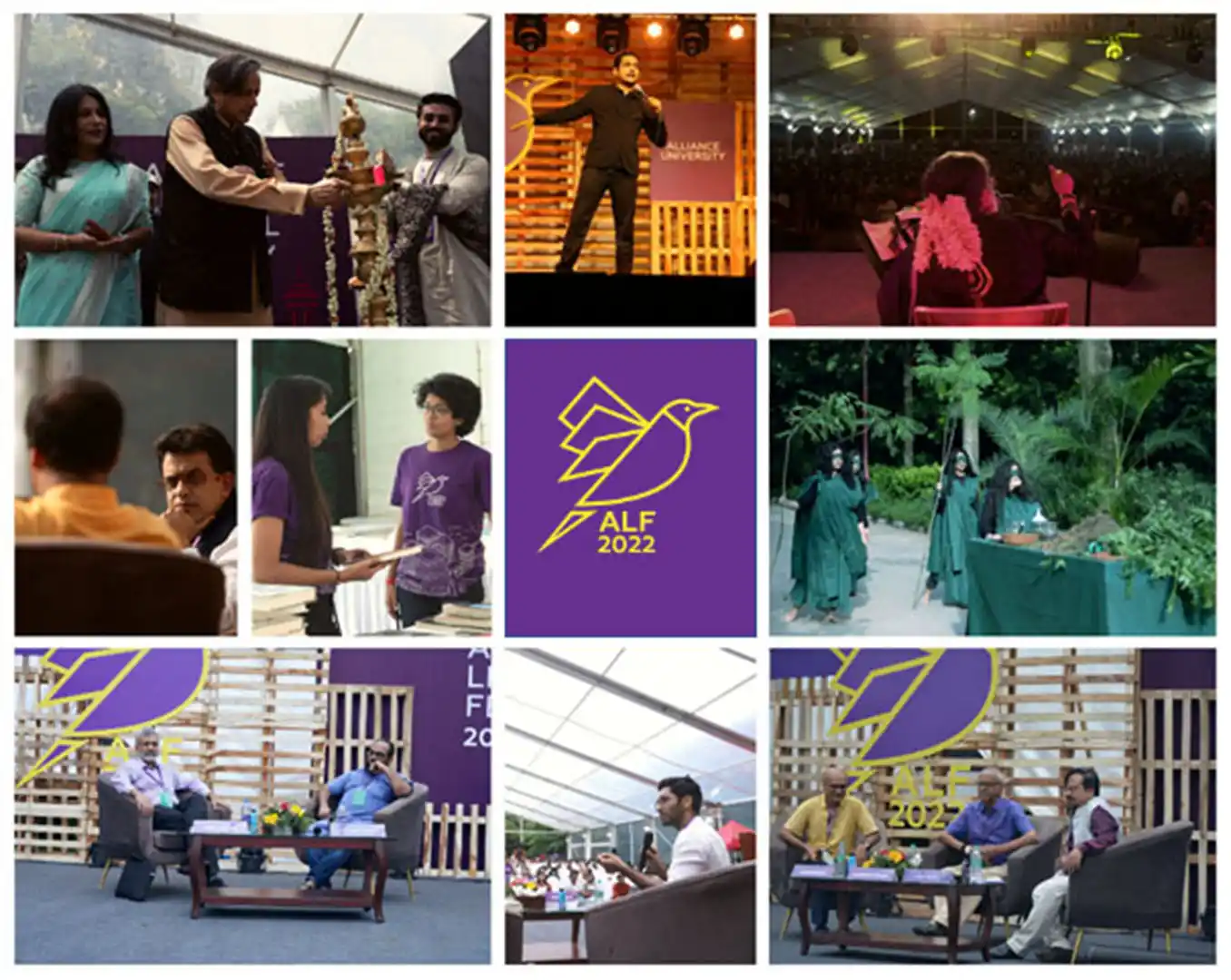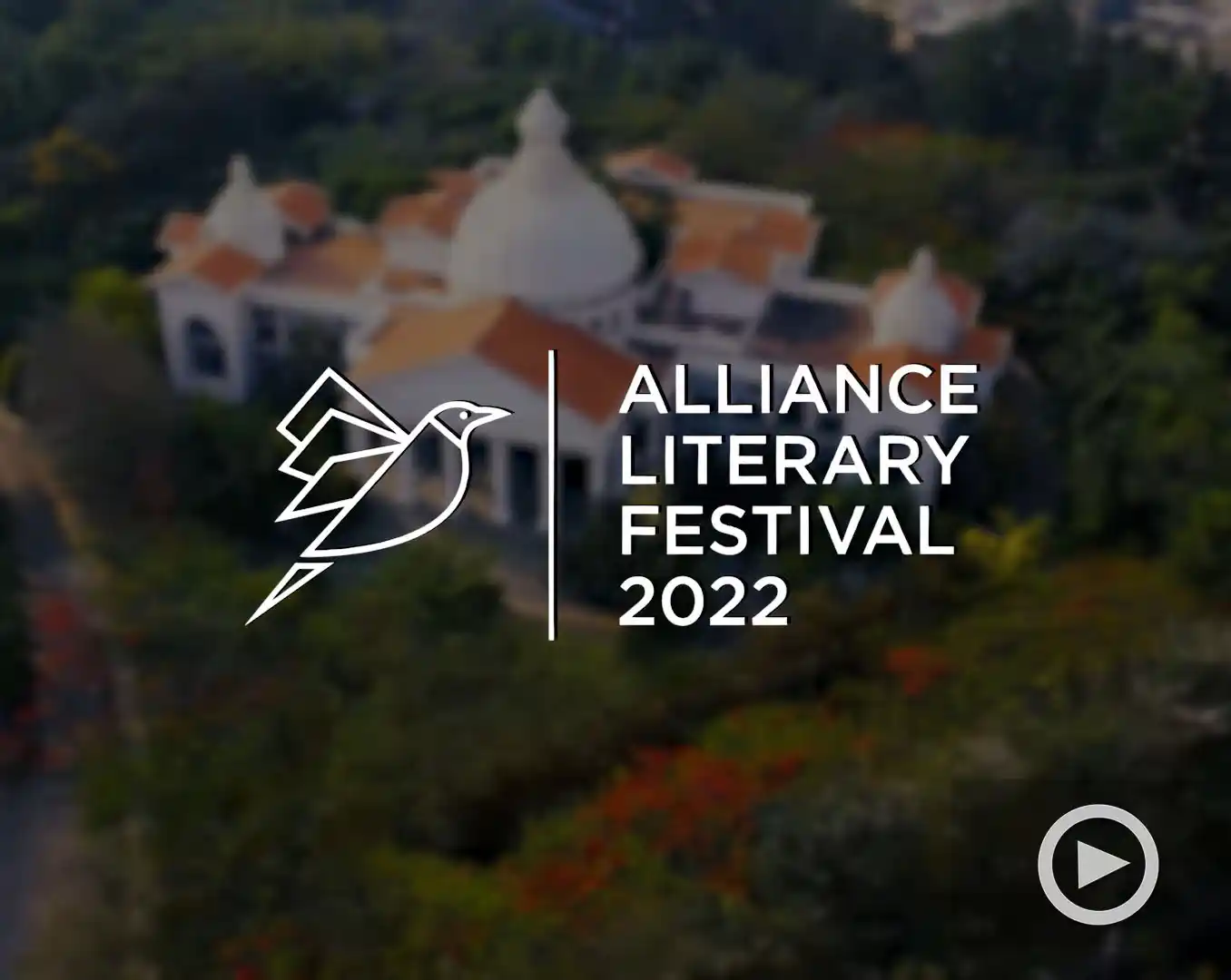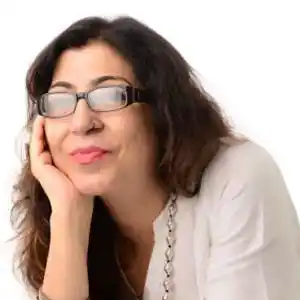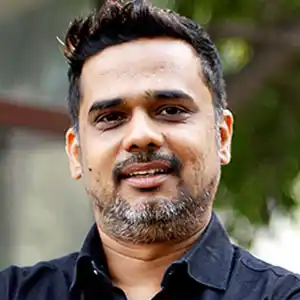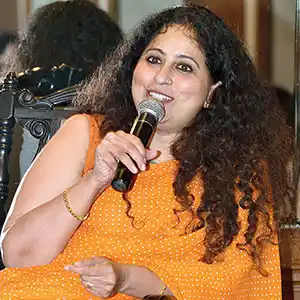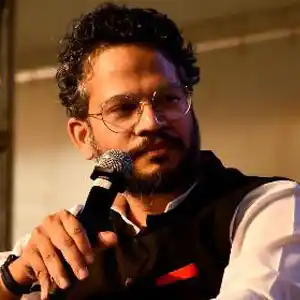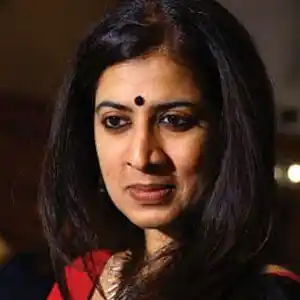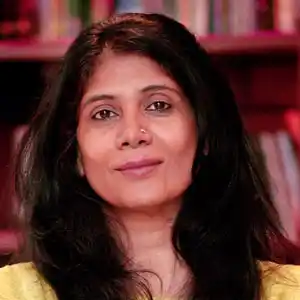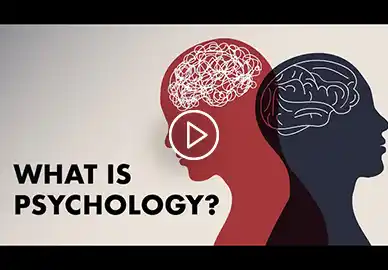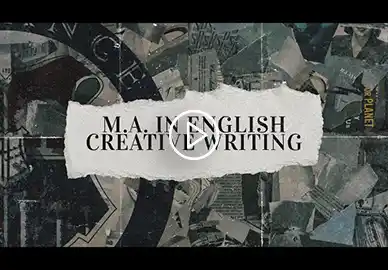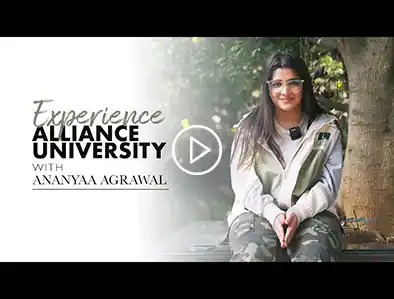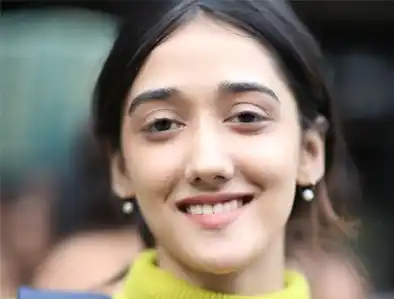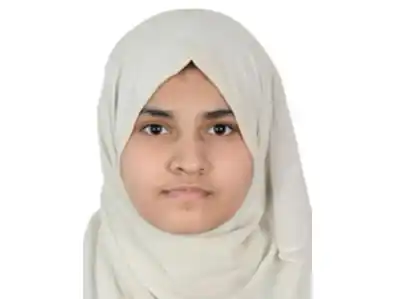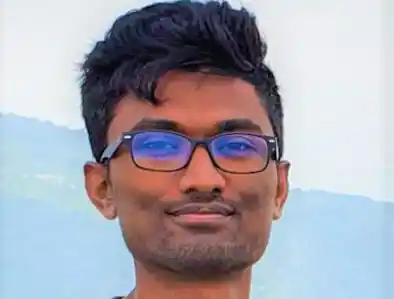PROGRAMMES OFFERED
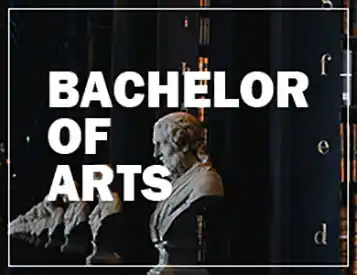
- Economics
- English
- Literary and Cultural Studies
- Media Studies
- Political Science
- Philosophy
- Sociology
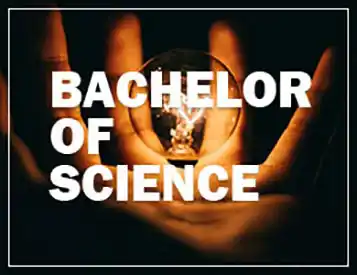
- Applied Mathematics
- Computer Science
- Data Science
- Psychology
- Statistics
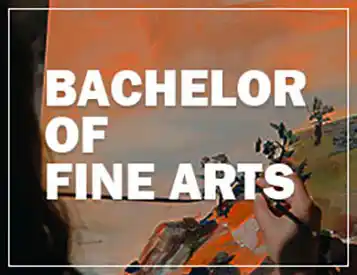
- Painting and Sculpture
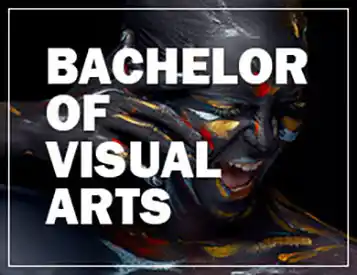
CAREER OPTIONS / OPPORTUNITIES
- Liberal Arts is the fastest growing trend in higher education in India
- Fortune 500 companies prefer students with well-rounded competence in numbers, communication and critical thinking
- Think tanks, NGOs, and civil sector are rapidly rising & well-endowed sectors
- Job opportunities in the tech and business fields are shrinking: liberal arts opens many fields

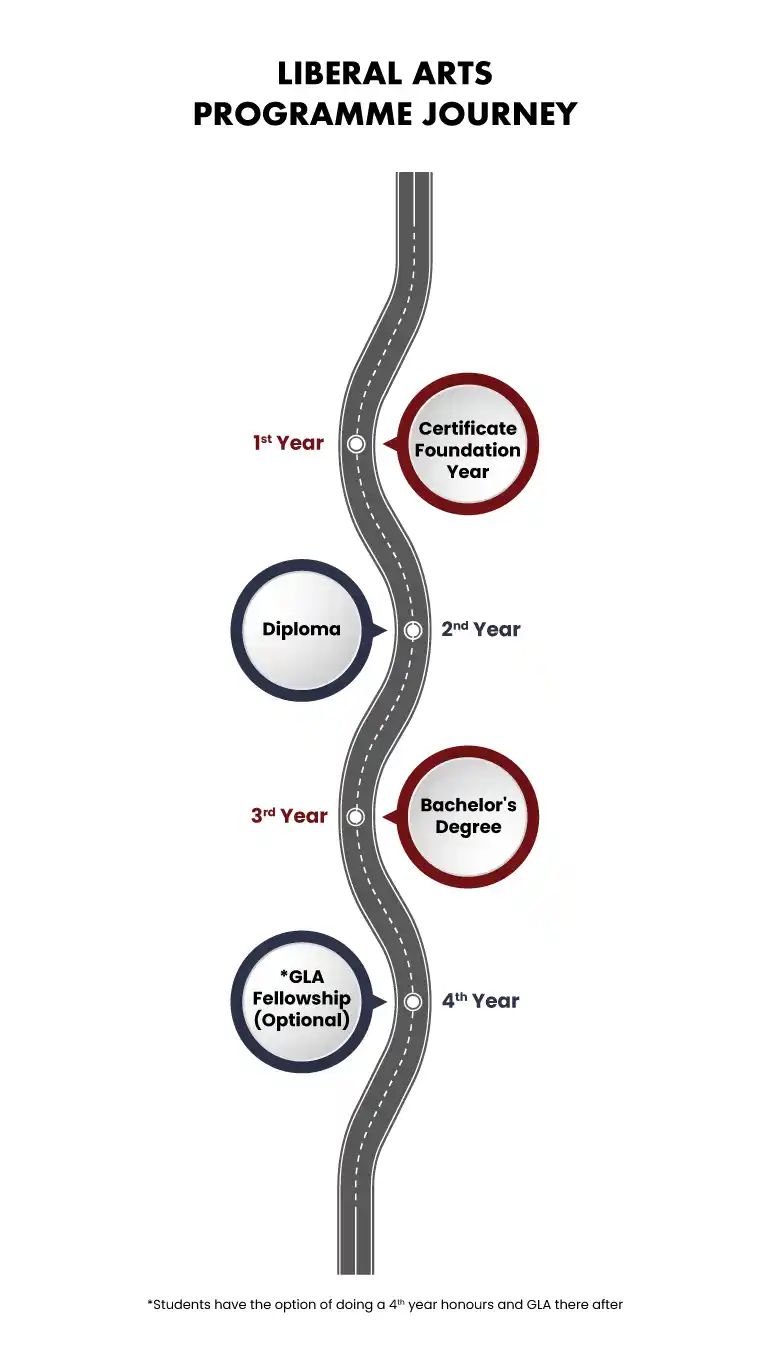
GLOBAL LEADERS' ALLIANCE
Liberal Arts students will have an inside track into one of India’s most prestigious and competitive fellowships: The Global Leaders’ Alliance”. A fully funded one-year postgraduate diploma programme for graduates from across the globe.





SPECIAL FEATURES
- Oxbridge/Ivy League Faculty
- Fully funded
- Interdisciplinarity in courses
- Cultural heritage tour
- Internships
- International study exchange
- Application assistance to Ivy League
- Modern and ancient languages
- Podcasts, conferences, magazines
Oxford-Alliance Faculty
HUB OF ART AND CULTURE
With one of the nation's biggest literary festivals, 3 art galleries, an upcoming museum, artists' and writers' residencies, a mini-cinema, and a film club, Alliance University is the hub of art and culture in South India.
Alliance Literary Festival, one of the nation’s biggest literary, art and film festival organised by students provides a unique opportunity to rub shoulders with India’s thought leaders at a young age.
CREATIVE WRITING
Creative writing taught by celebrity authors and poets to prepare students towards becoming effective communicators in any field and also train them for lucrative careers in the field of writing.
FACULTY SPEAK
STUDENT SPEAK
PROGRAMME STRUCTURE

* Students have the option of doing a 4th year honours and GLA thereafter
FAQs
The undergraduate programme offers the following degrees of varied duration:
- Bachelor of Arts (Honours) - [BA (Hons.)] / Bachelor of Science (Honours) - [B.Sc. (Hons.)] - 4 years
- Bachelor of Fine Arts (BFA) – 4 years
- Bachelor of Visual Arts (BVA) – 4 years
| B.A. (Hons.) | B. Sc. (Hons.) |
|---|---|
| Economics | Applied Mathematics |
| English | Computer Science |
| Literary and Cultural Studies | Data Science |
| Media Studies (Journalism, OTT, Mass Communication) | Psychology |
| Philosophy | Statistics |
| Political Science | |
| Sociology | |
| BFA | BVA |
| Painting and Sculpture | Visual Arts |
Please visit Liberal Arts Undergraduate Programme, Alliance School of Liberal Arts, Alliance University for details
Alliance School of Liberal Arts follows a holistic admissions process. In addition to meeting the eligibility criteria, you should be a curious risk-taker and prepared to explore new fields of study, creative, empathetic and have a socio-cultural and environmental conscience (responsibility). You should have varied interests.
Eligibility:
- Pre-University/Higher Secondary/10+2 Examination from any recognized Board or Council in any discipline
- Obtained at least 50% marks in the relevant subjects taken in standard 12
- Valid entrance test score. The tests accepted are AUSAT, SAT, ACT and Pearson Undergraduate Entrance Exam
You may visit our website for more information: Liberal Arts Undergraduate Programme, Alliance School of Liberal Ats, Alliance University.
Yes, Alliance School of Liberal Arts offers a four-year undergraduate degree in fine arts – Bachelor of Fine Arts. For more details, please visit our website: Bachelor of Fine Arts - Painting and Sculpture
Alliance School of Liberal Arts offers the general undergraduate programme honours degree (4 years). Please refer to our website for details of the four year honours degree.
Alliance School of Liberal Arts offers a B.A. in Media Studies. The programme covers journalism, OTT and mass communication. Some of the subjects offered are media and cultural studies, newspaper design, reporting and editing for print, broadcast and the web, editing and production, advertising and consumer society, public relations and media psychology, communication and public policy. BA Media Studies (Journalism, OTT, Mass Communication) - Liberal Arts Undergraduate Programme
Campus residence is not mandatory, but the most exciting parts of the Alliance experience require one to stay on campus. Beginning from sports, film-making clubs, debate, and literary clubs, organizing podcasts and student festivals and many other activities, the rich student life can only be enjoyed when one stays on campus. Living in campus also facilitates friendships within the eclectic student community which is made up of youngsters from around the country and the world.
The Alliance Office of Careers and Networking provides experiential learning for all its students through training, internships and immersion programmes. By the time you graduate, you will have experience and other skills like communication, critical thinking, innovation, collaborative work etc that will help you navigate your career path.
There are a variety of career opportunities that are tailor-made for liberal arts graduates. Please follow this link: Liberal Arts Undergraduate Programme, Alliance School of Liberal Arts, Alliance University
The international faculty (drawn mainly from the University of Oxford) helming the Global Leaders' Alliance program will be offering a variety of foundation courses in the very first year. GLA fellows will consistently mentor the undergraduates in their academic and extra-curricular work. Apart from this, the best Alliance undergraduates in their third and fourth year will be directly nominated as full-time fellows.





